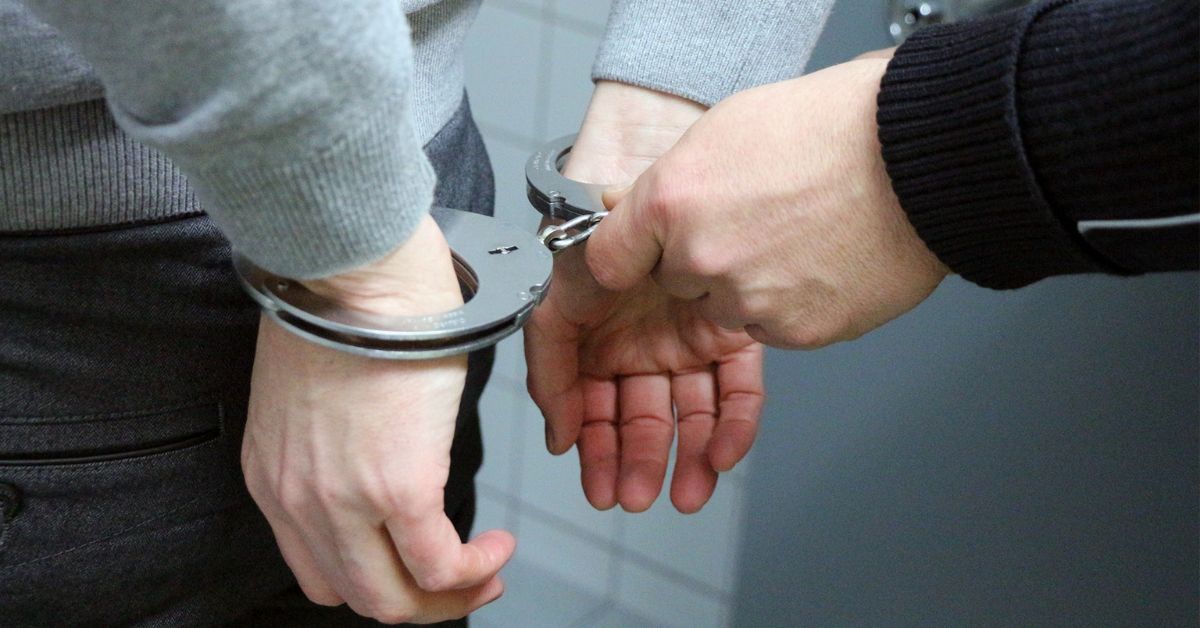How Wrongful Death Cases Differ from Criminal Cases

The family members of wrongful death victims often misunderstand the legal process of holding the at-fault party accountable. Will there be a criminal lawsuit? How will the family members seek compensation? Can the at-fault party go to jail?
At its core, wrongful death is not a crime. But many wrongful death cases do involve criminal activity.
Learn the difference between wrongful death versus criminal cases and why this distinction matters.
What Is the Definition of Wrongful Death?
Wrongful death is a civil action against the party responsible for causing a death. This legal term can encompass a wide range of death cases, including:
- Negligence: A death that occurred because the defendant failed to take the proper care to prevent the accident. Car accidents and premises liability cases are common examples of wrongful death involving negligence.
- Manslaughter: The killing of another person without malice. Examples may include texting and driving, leading to an accident that results in a death.
- Murder: The premeditated, unlawful killing of another person. Note that the terms “murder” and “homicide” are not interchangeable; “homicide” is an umbrella term for killing another person, whether premeditated or not.
There is a fine line between all three of these death cases. Many manslaughter and negligence cases overlap, as manslaughter can involve negligence.
But some wrongful death cases do not result in manslaughter or homicide charges because the defendant technically hasn’t broken the law. For instance, failing to clean up a wet floor in a grocery store isn’t a crime, even if this negligence leads a person to slip and fall and ultimately die from their injuries.
Civil Cases vs. Criminal Cases: Wrongful Death Can Involve Both
Wrongful death is a civil case, not a criminal case.
A civil lawsuit involves a person bringing legal action against another person to hold them liable for a wrongful act. The plaintiff (the person who files the lawsuit) in a civil case seeks monetary compensation to pay for the expenses incurred from the defendant’s wrongful behavior.
Manslaughter and murder are crimes and involve criminal trials. The plaintiff in a criminal trial is always the government — not another person. Criminal trials seek to determine whether the defendant is guilty of a crime; if found guilty, a sentencing hearing determines their penalties.
Your loved one’s death may involve a criminal case and a civil case. A person being convicted of a crime does not disqualify you from filing a civil lawsuit against them. But you’ll need to make sure you sue within the statute of limitations, which is two years from the death date in Texas.
Plaintiffs in criminal cases have a higher burden of proof than in civil cases. Even if the court does not find the defendant guilty of a crime, it may still rule that the defendant owes you money in a civil case.
Consequences of Wrongful Death versus Criminal Cases
When you file a wrongful death case, you aren’t hoping to send someone to jail for their unlawful behavior. Your focus is on compensation. If you believe the person is guilty of a crime, you can inform the police, who may arrest the person and initiate criminal charges if there is evidence.
As the family member of a manslaughter or murder victim, you may have the option to contribute to the criminal case through testimony. But a criminal case will proceed whether you participate or not.
Understanding the distinction between wrongful death versus criminal cases can be tricky. In the aftermath of a loved one’s death, you may feel overwhelmed by the legal processes before you. Turn to a qualified attorney to discuss your legal options and seek guidance.
Contact Fadduol, Cluff, Hardy & Conaway, P.C., today at 432-335-0399 for a consultation regarding the specifics of your situation.
